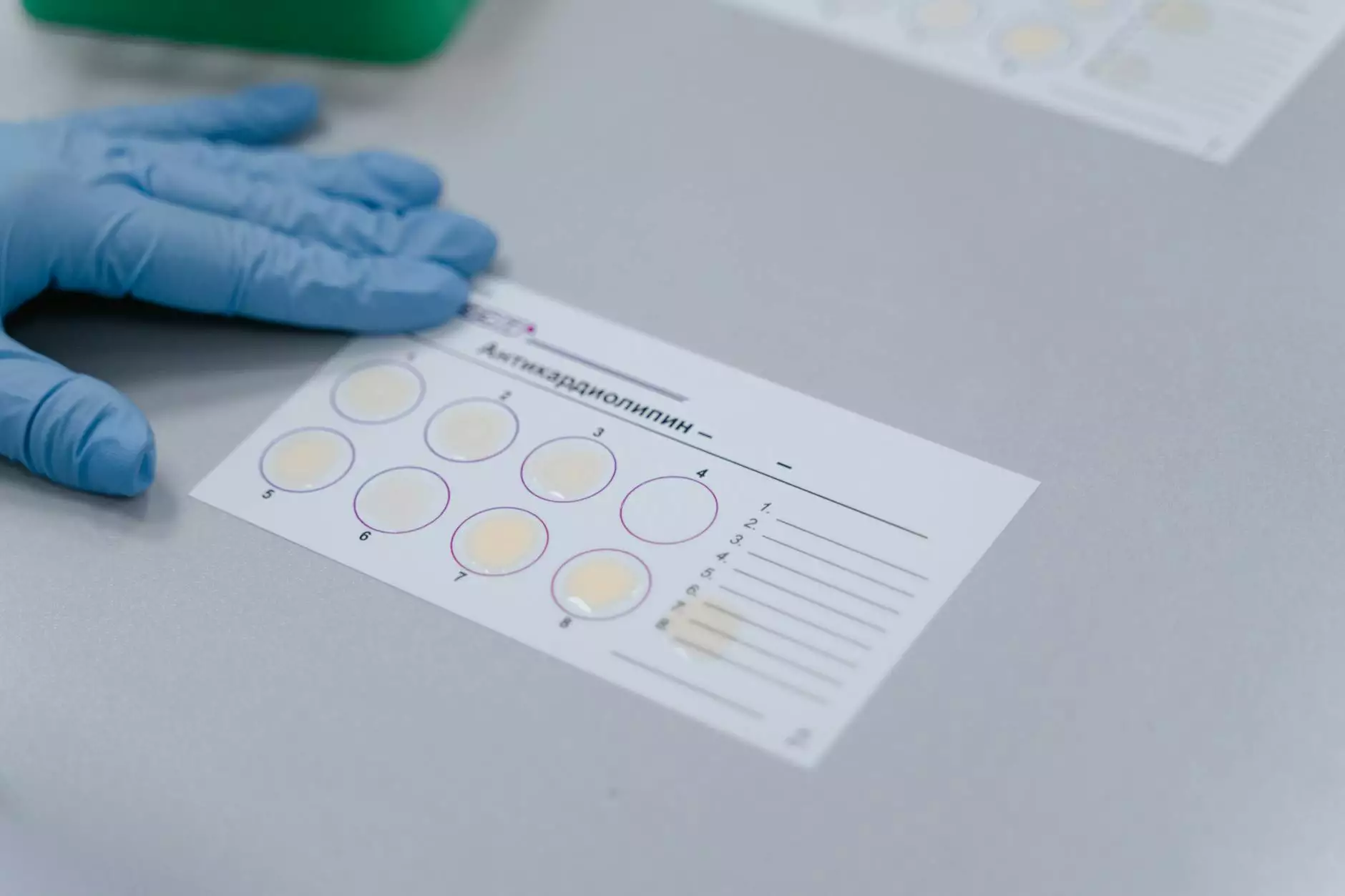The Transformational Role of Biotech Incubators in Health and Alternative Medicine

Biotech incubators are changing the landscape of the health and medical sectors, playing a pivotal role in the development of innovative solutions to pressing health issues. As the demand for novel treatments and therapies grows, these specialized incubators provide crucial support to startups and researchers. This article delves into the multifaceted contributions of biotech incubators, highlighting their significance in promoting health advancements and alternative medicine.
What are Biotech Incubators?
At their core, biotech incubators are organizations designed to nurture early-stage biotech companies and startups. These incubators offer a range of services, including:
- Access to Funding: Many incubators provide seed funding or facilitate connections with investors who specialize in biotech ventures.
- Mentorship: Experienced professionals in the biotech field mentor startups, guiding them through the complexities of product development and market entry.
- Infrastructure: Incubators often provide crucial laboratory space, equipment, and resources that startups may not afford on their own.
- Networking Opportunities: Being part of an incubator allows startups to connect with other entrepreneurs, researchers, and industry leaders, fostering collaboration and innovation.
The Importance of Biotech Incubators in the Healthcare Ecosystem
The role of biotech incubators extends beyond mere logistical support; they play a vital role in the entire healthcare ecosystem. Here’s how:
1. Accelerating Innovation
Incubators create environments that encourage creativity and experimentation, which is essential for groundbreaking health innovations. By providing resources and mentorship, they help reduce the time it takes for a concept to evolve into a marketable product.
2. Bridging the Gap between Research and Market
Many promising health solutions lie dormant due to a lack of funding or expertise. Biotech incubators serve as a bridge, facilitating the transition from scientific research to practical applications. They ensure that innovations reach the market where they can benefit the public.
3. Fostering Collaboration
Biotech is inherently collaborative. Incubators bring together scientists, entrepreneurs, and healthcare professionals, fostering a rich exchange of ideas. This collaboration often leads to innovative solutions that may not have surfaced in isolated settings.
Case Studies: Successful Startups Emerging from Biotech Incubators
Numerous biotech startups have risen through the ranks of incubators to become influential players in the healthcare sector. Here are a few prominent examples:
Example 1: Moderna
Originally incubated at the BioInnovation Hub, Moderna’s focus on mRNA technology has transformed vaccine development and achieved global recognition during the COVID-19 pandemic.
Example 2: Ginkgo Bioworks
This synthetic biology company, also nurtured in a biotech incubator, specializes in organism design and has created innovations that streamline drug development processes.
Biotech Incubators and Alternative Medicine
The rise of alternative medicine has opened new avenues for biotech innovation. Biotech incubators are at the forefront of this movement, supporting startups focused on integrative health solutions. As awareness grows about holistic health approaches, incubators provide the necessary framework for these companies to thrive.
The Rising Trend of Integrative Health Startups
Startups addressing issues such as chronic pain management, mental health, and nutritional therapies have gained traction. Biotech incubators are essential in helping these alternative medicine startups refine their products and reach their target audiences.
How Biotech Incubators Support Regulation Compliance
Compliance with health regulations is a critical concern for any biotech firm. Biotech incubators often help startups navigate the complex regulatory landscape of the health industry, providing:
- Legal Guidance: Many incubators offer access to legal experts who can assist with intellectual property, trademarks, and compliance issues.
- Regulatory Training: Startups receive training on industry regulations, preparing them for interactions with bodies like the FDA.
The Future of Biotech Incubators
As the world continues to prioritize health and wellness, the future of biotech incubators appears bright. Here are emerging trends that will shape the next wave of biotech innovation:
1. Increased Focus on Artificial Intelligence and Machine Learning
AI and machine learning are revolutionizing healthcare. Biotech incubators will increasingly support startups developing AI-driven solutions for diagnostics, treatment personalization, and drug discovery.
2. Rise of Personalized Medicine
With advancements in genomics and biotechnology, personalized medicine is becoming a reality. Incubators will play a crucial role in fostering startups that create tailored healthcare solutions based on individual genetic profiles.
3. Emphasis on Sustainability
As the world confronts ecological challenges, biotech incubators are likely to support startups focusing on sustainable health solutions, including biomanufacturing processes that reduce environmental impact.
Conclusion
In conclusion, biotech incubators are more than just spaces for fledgling companies; they are essential drivers of innovation in health and alternative medicine. By providing critical resources, fostering collaboration, and ensuring compliance with regulations, they are instrumental in bringing groundbreaking health solutions to market. As we look to the future, the continued growth of biotech incubators will undoubtedly lead to significant advancements in healthcare, benefiting society as a whole.
BioInc.org is committed to being at the forefront of this movement, supporting the next generation of biotech innovators and ensuring a healthier future for all.









